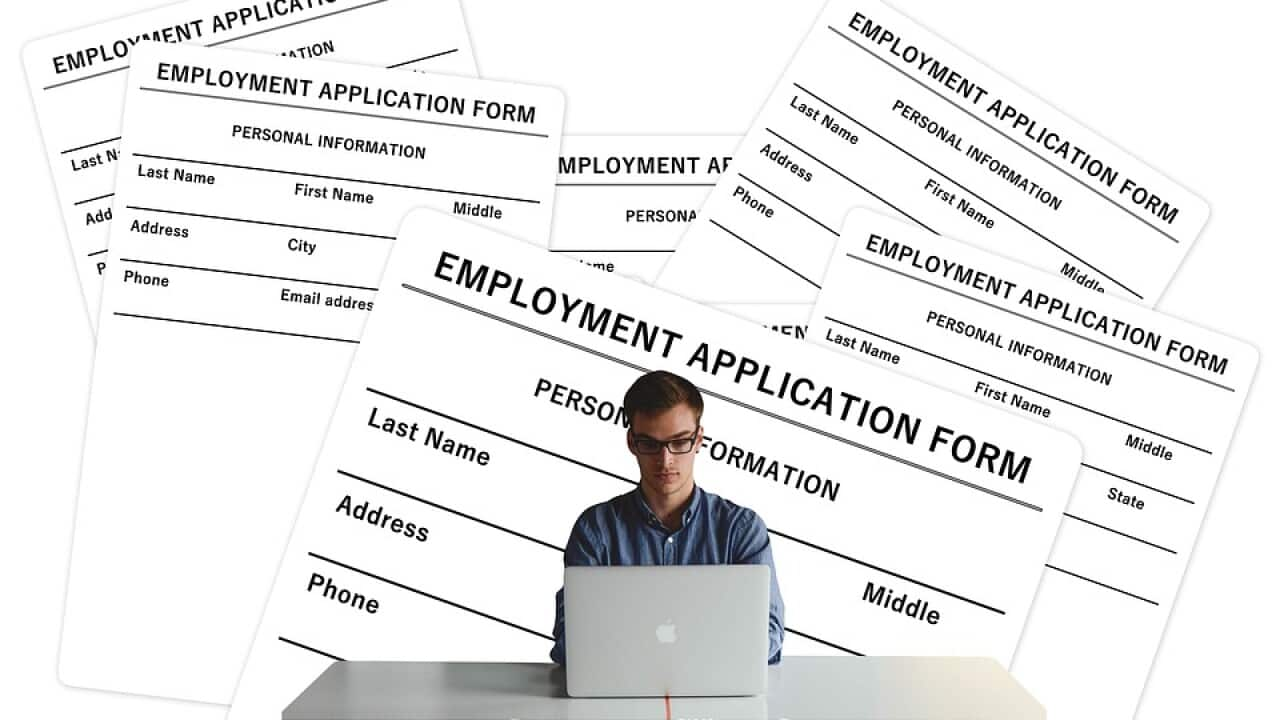A new study by the Bankwest Curtin Economics Centre (BCEC) has found that skilled migrants face discrimination, experience unwillingness by Australian employers to hire them and many often end up working in lower-skilled jobs than before migrating to Australia.
The report, , by Professor of International Health, Jaya Dantas and Dr Ros Cameron found skilled migrants face a range of barriers.
“Australia has a long history of using migrants to fill skills gaps and labour shortages, but those skilled migrants face a range of barriers to both gaining employment and working in jobs that are in line with their qualifications and experience,” Professor Dantas said.
“Some of the examples of skills wastage included a former engineer now working in WA as a technician, a vocational school teacher turned cleaner and packer, a geologist working in aged care and a mechanical engineer employed as a security officer.”
The study based on responses by 508 skilled migrants found 53.1% working in a job that was of a lower skill than the job they had prior to migrating.
14% reported experiencing discrimination and racism because of their migrant background.
Skilled migrants faced employment barriers and experienced unwillingness by Australian employers to hire them, especially due to their qualifications not being recognised.
Melbourne-based Naishadh Gadani, a career coach who helps migrants find work in Australia says this problem is not limited to Western Australia alone.
“In my career, I have met many migrants who have faced these challenges. This is not limited to Western Australia,” he told SBS Hindi.
Mr Gadani is not surprised to learn that the study found skilled migrants taking up low skill jobs.
“Migrants are not well supported when they arrive in Australia. They are not aware about the Australian work culture and often need to get their qualifications assessed or need training in Australian practices. In desperation, they take up low-skilled jobs and fall into this vicious cycle of not having enough time to apply for a skilled job while they work full-time in a low-skilled job,” he says.
Mr Gadani says employers too need to be made aware of the opportunities that migrants bring on board.
“Skilled migrants have unique and extensive experience and employers need to understand they bring onboard new and innovative ideas which can be enriching,” he says.
“There’s a huge gap between an Australian employer’s understanding of skilled migrants and the skilled migrant’s understanding of Australian work culture. The government needs to address this gap,” Gadani says.
The authors of the report said the underutilisation of professional migrant skills remained a critical issue for the entire country and have proposed changes to Australia’s skilled migration framework to help skilled migrants, employers, industry and government departments.
“Australia is likely to remain an attractive destination for independent skilled migrants so it’s important this framework can be used to prevent skills wastage and ensure the attraction and retention of skilled migrants and their families to WA,” Professor Dantas said.
Career Coach Naishadh Gadani’s four tips to find work in line with your qualifications in Australia:
- Learn and understand Australian work culture
- Identify your transferable skills to find occupation relevant to your skills than take up a low-skilled jobs
- Network. Make as many local connections as possible.
- Volunteer. It is a good first step to experience Australian work culture.



